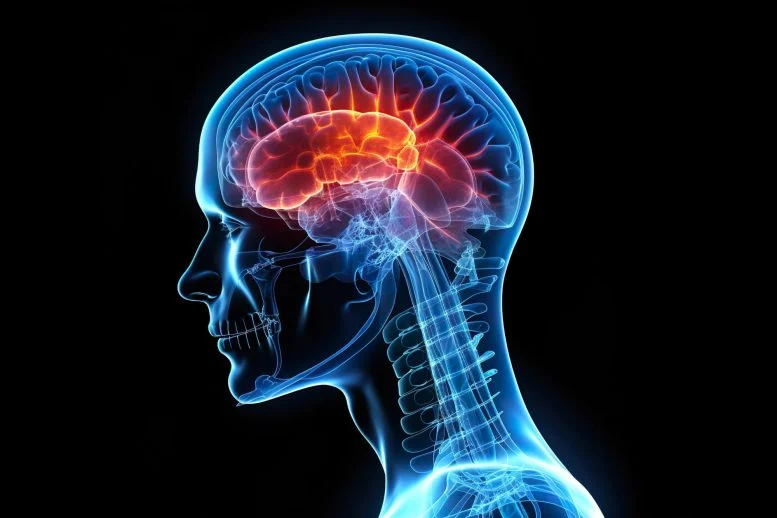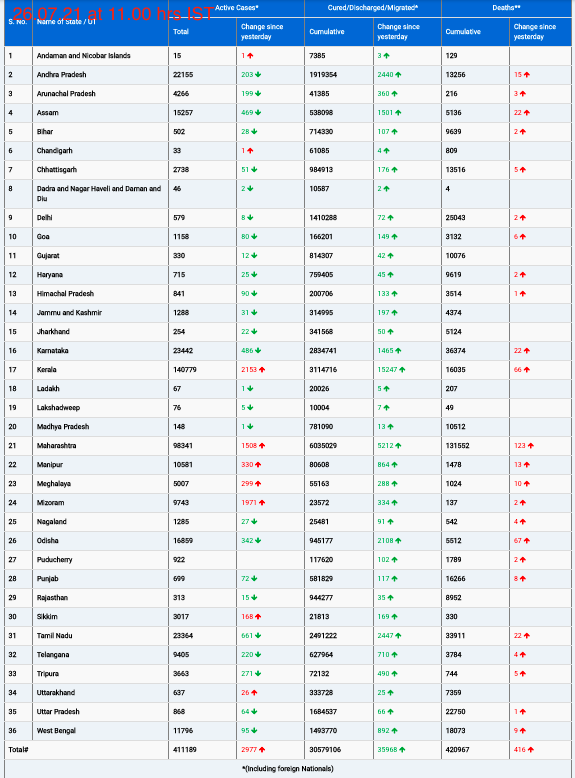A new study published in the Neurology® journal has revealed that individuals with conditions such as high blood pressure, atrial fibrillation (an irregular heartbeat), and smoking not only face a higher risk of experiencing a stroke but are also more likely to suffer severe, disabling strokes. The findings underscore the importance of managing these risk factors to reduce the severity of strokes and improve long-term health outcomes.
The study, published online on November 13, 2024, followed 26,948 participants from 32 countries, with an average age of 62. Half of the participants had experienced a stroke, while the other half had not. The participants were matched by age and sex to ensure comparable groups.
Risk Factors and Stroke Severity
Among the stroke group, 4,848 people experienced severe strokes, while 8,612 had mild to moderate strokes. A severe stroke was defined as an outcome ranging from the inability to walk or care for oneself independently to requiring full-time nursing care or death. In contrast, mild to moderate strokes ranged from having no symptoms to needing some help with personal care but still being able to walk without assistance.
Researchers assessed several risk factors, including high blood pressure (over 140/90 mmHg), atrial fibrillation, smoking, alcohol consumption, diet quality, physical inactivity, diabetes, high cholesterol, psychological stress, and excess abdominal fat (waist-to-hip ratio). They found a strong correlation between certain factors and the severity of strokes.
Key Findings
The study found that:
- High blood pressure: 74% of participants with severe strokes had high blood pressure, compared to 72% of those with mild to moderate strokes. After adjusting for variables like age and sex, people with high blood pressure were 3.2 times more likely to experience a severe stroke and 2.9 times more likely to suffer a mild to moderate stroke than those without high blood pressure.
- Atrial fibrillation: 11% of those with severe strokes had atrial fibrillation, compared to 9% of those with mild to moderate strokes. People with atrial fibrillation were found to be 4.7 times more likely to suffer a severe stroke and 3.6 times more likely to have a mild to moderate stroke than those without the condition.
- Smoking: 30% of participants in both the severe and mild/moderate stroke groups were smokers. Smokers were 1.9 times more likely to have a severe stroke and 1.7 times more likely to have a mild to moderate stroke compared to non-smokers.
“These findings emphasize the need to control high blood pressure, atrial fibrillation, and smoking to prevent not only the occurrence of strokes but also their severity,” said Dr. Catriona Reddin, study author and neurologist at the University of Galway in Ireland.
Global Implications
Dr. Reddin highlighted that high blood pressure is the most important modifiable risk factor for stroke globally, with significant implications for public health. “This is particularly relevant for lower- and middle-income countries where the rates of high blood pressure are rapidly increasing, and strokes are occurring at younger ages.”
The study also noted that certain factors, like smoking, are linked to other health issues, such as cancer and chronic obstructive pulmonary disease (COPD), which may further contribute to stroke severity. However, these factors were not directly measured in the study.
Prevention and Lifestyle Changes
The study emphasizes the importance of adopting healthier lifestyles to reduce stroke risk, particularly in managing high blood pressure, avoiding smoking, and treating conditions like atrial fibrillation. Lifestyle changes such as improved diet, regular physical activity, and stress management can also play a critical role in stroke prevention.
“As stroke can lead to disability or even death, there is an urgent need to prioritize controlling these risk factors, especially as many are preventable or treatable,” Dr. Reddin added. “This research provides further evidence that lifestyle modifications and early medical intervention can make a significant difference in reducing stroke severity and improving patient outcomes.”
Conclusion
The study’s findings provide a clear message: managing high blood pressure, treating atrial fibrillation, and quitting smoking are essential steps in preventing severe strokes. These modifiable risk factors should be prioritized by healthcare professionals and patients alike to reduce the burden of strokes worldwide.











